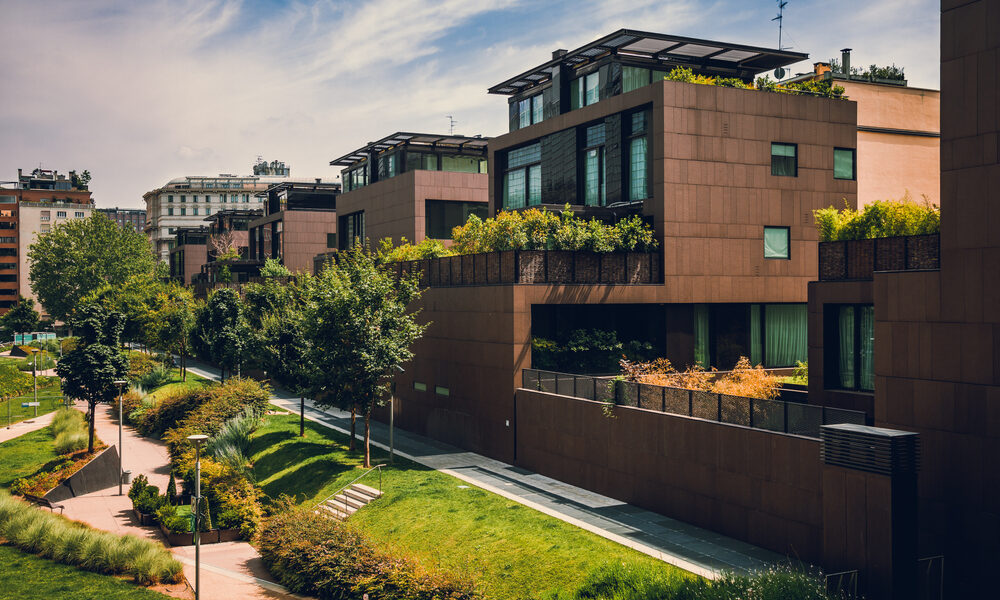
As our planet faces the challenges of climate change and environmental degradation, it’s more important than ever to adopt eco-friendly practices in all aspects of our lives, including gardening. Sustainable gardening is a way to create a beautiful and healthy outdoor space while minimizing your impact on the environment. Here are some eco-friendly practices to implement in your garden:
Plant Native Species
Choosing plants that are native to your region is an easy and effective way to promote biodiversity and support local ecosystems. Native plants are adapted to the climate and soil of your area, making them more resilient to pests and disease. They also provide food and shelter for local wildlife, such as birds and insects. Avoid planting invasive species, which can outcompete native plants and disrupt the balance of the ecosystem.
Compost and Mulch
Composting is a simple and effective way to reduce waste and create nutrient-rich soil for your garden. Instead of throwing away food scraps and yard waste, compost them in a bin or pile. The resulting compost can be used to fertilize your plants and improve soil health. Mulching is another way to improve soil health and conserve water. A layer of organic material, such as leaves or straw, helps retain moisture in the soil and suppress weeds.
Use Natural Pest Control
Chemical pesticides can harm beneficial insects and pollute waterways. Instead of relying on chemicals, try natural pest control methods such as companion planting, hand-picking pests, and introducing beneficial insects like ladybugs and praying mantises. You can also make your own natural pest deterrents, such as garlic spray or neem oil.
Conserve Water
Water is a precious resource, and conserving it is essential for sustainable gardening. Planting native species and using mulch can help reduce water usage. Water your garden in the early morning or evening to avoid evaporation. Consider using a rain barrel to collect rainwater for your plants.
Reuse and Recycle
Reduce waste by reusing and recycling materials in your garden. Use reclaimed wood or bricks for garden borders and paths. Repurpose old containers as planters. Recycle plastic containers and bags instead of throwing them away.
Sustainable gardening is about creating a beautiful and healthy outdoor space while minimizing your impact on the environment. By following these eco-friendly practices, you can support local ecosystems, conserve resources, and reduce waste. So go ahead, get your hands dirty, and create a greener outdoor space!

